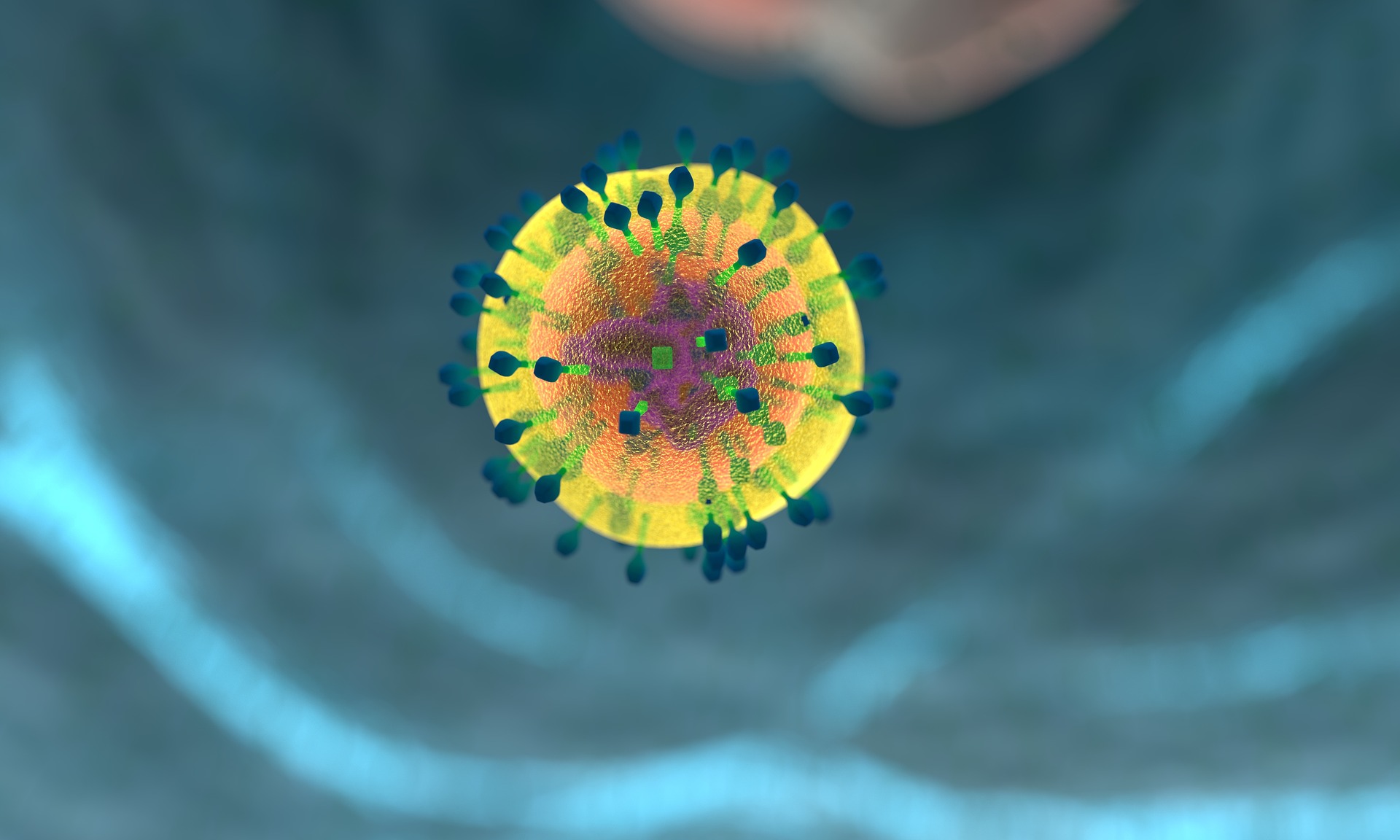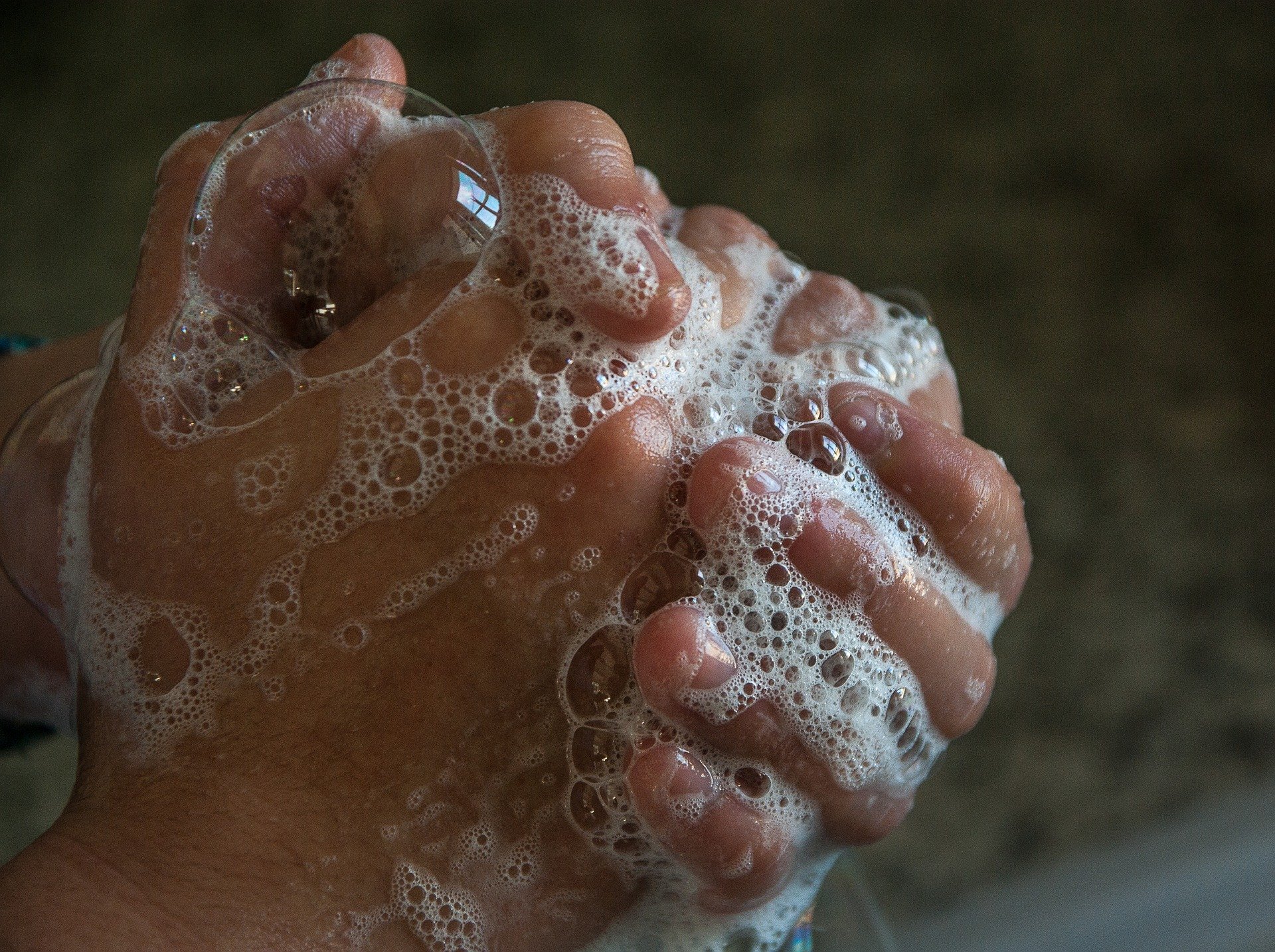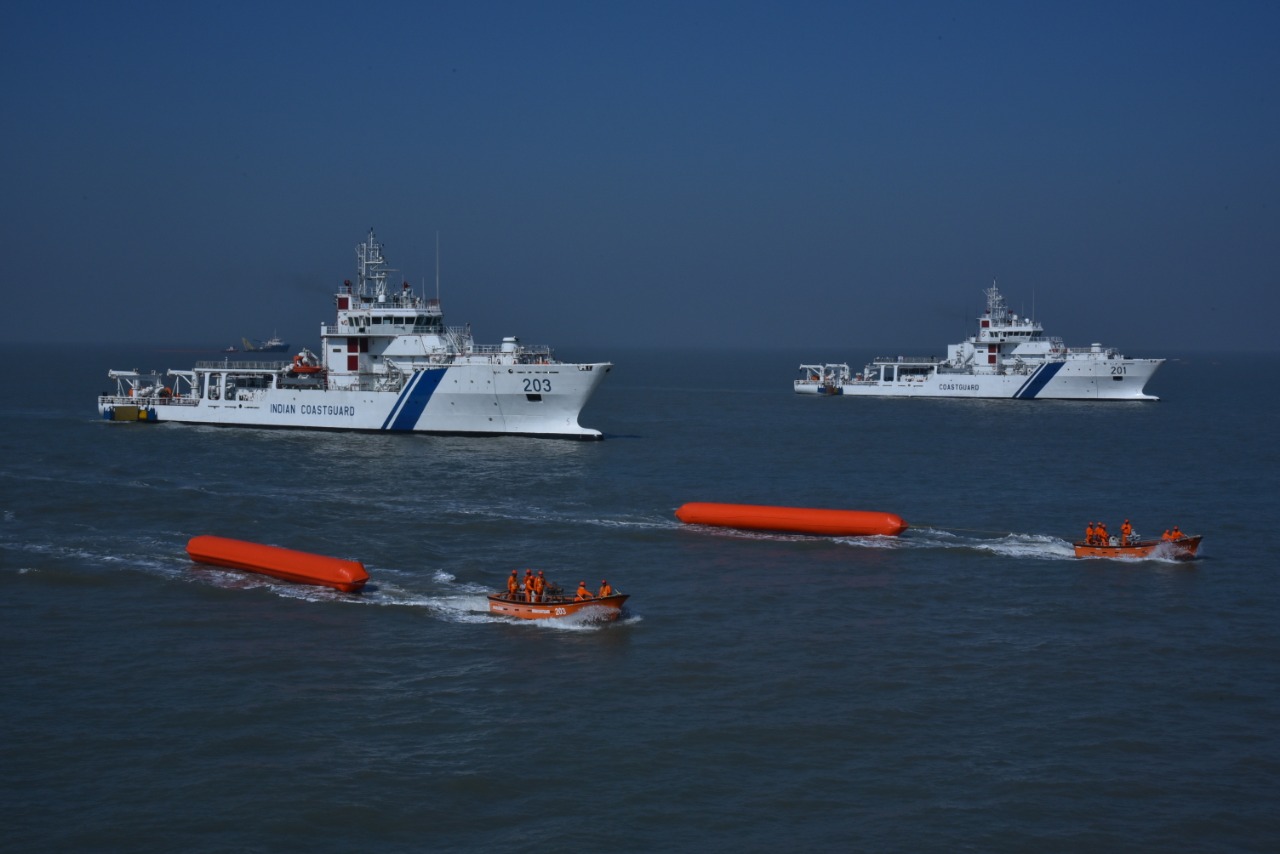Given that most Indians are unlikely to be tested for COVID-19, scientists are taking a cue from the country’s surveillance programme for polio and turning to sewage to get a clearer snapshot of how many people are infected with the coronavirus.
Wastewater epidemiology is a valuable tool to monitor the spread of the novel coronavirus in communities, said Manish Kumar of the Indian Institute of Technology in Gandhinagar who is working with an international team of collaborators on the project.
The wastewater-based epidemiology (WBE) global collaboration comprises over 50 institutes and researchers headed by Kyle James Bibby of the University of Notre Dame in the US.
The group is coordinating sampling and analytical protocols as well as data-sharing so that results obtained can be compared on a global scale.
“The current testing method is not enough to tell the exact situation of the coronavirus infection in India. Even if the people show symptoms for novel coronavirus,it will take three to 15 days actually to detect it,” Kumar, assistant professor at the Department of Earth Sciences, said.
“That is too late. That’s why we thought, how about wastewater epidemiology, using wastewater to check if there is coronavirus genetic material or not,” said Kumar.
He said India’s polio monitoring system, which uses a similar surveillance method, could come handy in the fight against coronavirus.
According to Masaki Kitajima, a world renowned environmental virologist from Japan’s Hokkaido University, the presence of genetic material of novel coronavirus provides an opportunity to use wastewater as a surveillance tool for the “invasion, prevalence, molecular epidemiology, and potential eradication of the virus in a community”.
“The magnitude of COVID-19 spread is such that it provides us an opportunity for interdisciplinary coordination on a global scale to multiply the impacts of individual efforts. Kumar’s team at IITGN has been a key member in this effort,” Kitajima, lead author of said.
It is a published fact that if somebody is infected with the novel coronavirus, they will excrete it through their body, in the form of faeces and urine, which in turn can be detected in wastewater, Kumar added.
In a study published last week in the journal Science of the Total Environment, researchers highlighted the economic advantages of the approach over conventional disease testing and epidemiological surveillance.
“Our results show that exclusive reliance on testing of individuals is too slow, cost-prohibitive and in most places, impractical, given our current testing capacity,” said Rolf Halden, a professor at the Arizona State University (ASU) in the US, who was a part of the research team.
“However, when preceded by population-wide screening of wastewater, the task becomes less daunting and more manageable,” he said. However, the research indicates that careful calibration must be carried out to ensure the accuracy of data, which is acutely sensitive to key variables, including seasonal temperature, average in-sewer travel time, degradation rates of biomarkers, community demographics and per-person water use.











